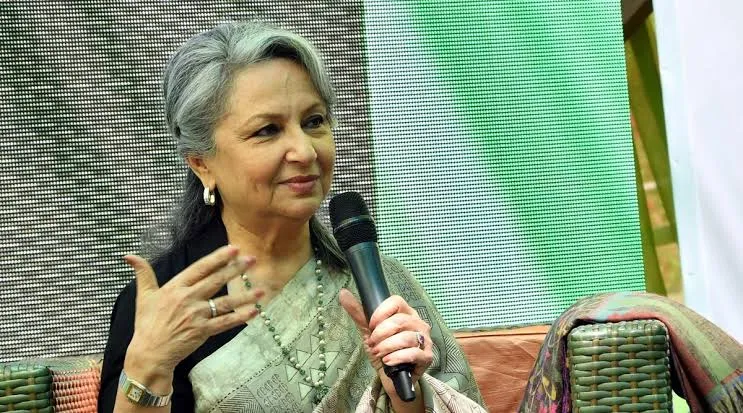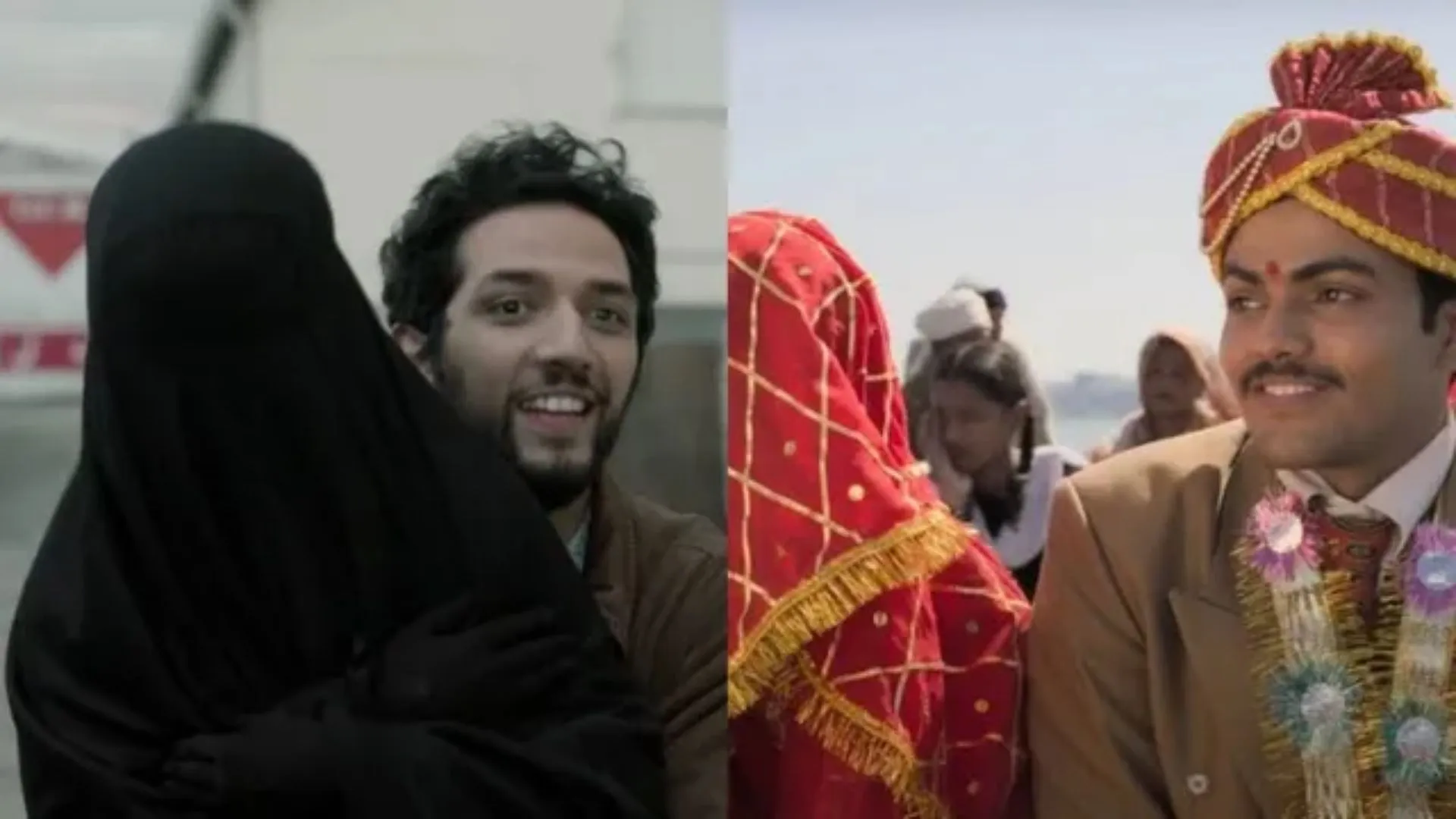As Georgians head to the polls, the stakes could hardly be higher. Saturday’s parliamentary election is widely depicted as a crossroads moment, with voters facing a choice that may determine the country’s geopolitical future: a path toward Western integration or a step back toward Moscow’s orbit.
For more than a decade, the ruling Georgian Dream (GD) party has held the reins of power. Established in 2012 by reclusive billionaire Bidzina Ivanishvili, the party has recently aligned itself more closely with Russia, especially since the invasion of Ukraine in 2022. GD’s shift away from the West has drawn fierce criticism from the opposition, which accuses the party of betraying Georgia’s European ambitions and democratic values.
The GD’s main opponents—four pro-European opposition parties, including the largest, the United National Movement (UNM) — argue that only a close alliance with the European Union (EU) can protect Georgia from Russian aggression. These parties have formed a coalition with the shared goal of ousting GD and reversing the country’s perceived backsliding on democratic norms.
Its Pro EU vs Pro-Russian
At the core of the campaign are issues that transcend politics and touch the heart of Georgia’s identity as a nation. In the 1990s, the country lost two regions, Abkhazia and South Ossetia, to Russian-backed separatists and suffered a brief but bitter war with Russia in 2008. Many Georgians see the EU as a shield against future Russian incursions. Nana Malashkhia, a former civil servant running for parliament, captured the sentiment, declaring, “Russian imperialism’s hunger knows no bounds. And that’s why we need strong allies in the European Union.”
Yet GD leaders, including Ivanishvili, warn that leaning too far West could draw Georgia into conflict. They have painted the election as a choice between peace and war, accusing the opposition of wanting to make Georgia a new front in Russia’s war with Ukraine. A GD billboard campaign across the country features stark images of devastation in Ukraine, contrasting with images of peaceful Georgia under the slogan, “No to war! Choose peace.” The message appears to have resonated, especially outside the cities, where fear of conflict runs deep.
GD’s opponents, however, reject this message as scaremongering and insist that only by joining the EU can Georgia ensure a stable, prosperous future. They point to the EU’s decision last year to grant Georgia candidate status, though this status was subsequently put on hold due to alleged democratic backsliding. The EU condemned GD’s passage of a controversial “foreign agent” law, which required organizations receiving over 20% of their funding from abroad to register as foreign agents. The law was widely seen as inspired by Russian restrictions on dissent, sparking large protests across Georgia. Authorities responded with force, raising fears of an authoritarian turn.
Salome Zourabichvili, Georgia’s pro-Western president, has been a vocal critic of GD and is backing the opposition’s push for change. Though her powers are largely ceremonial, she has used her platform to promote the idea of a broad coalition government. Zourabichvili, after casting her vote, declared that the election would bring an end to “one-party rule in Georgia.”
The outcome of the election remains uncertain. Polls are divided, with pro-GD media predicting a landslide for the ruling party and pro-opposition outlets forecasting a narrow victory for the opposition coalition. With GD aiming for a supermajority to push through constitutional changes—including a potential ban on the UNM — the stakes couldn’t be higher.
ALSO READ: Why Is There A ‘Poop Statue’ Installed Near The US Capitol?






















